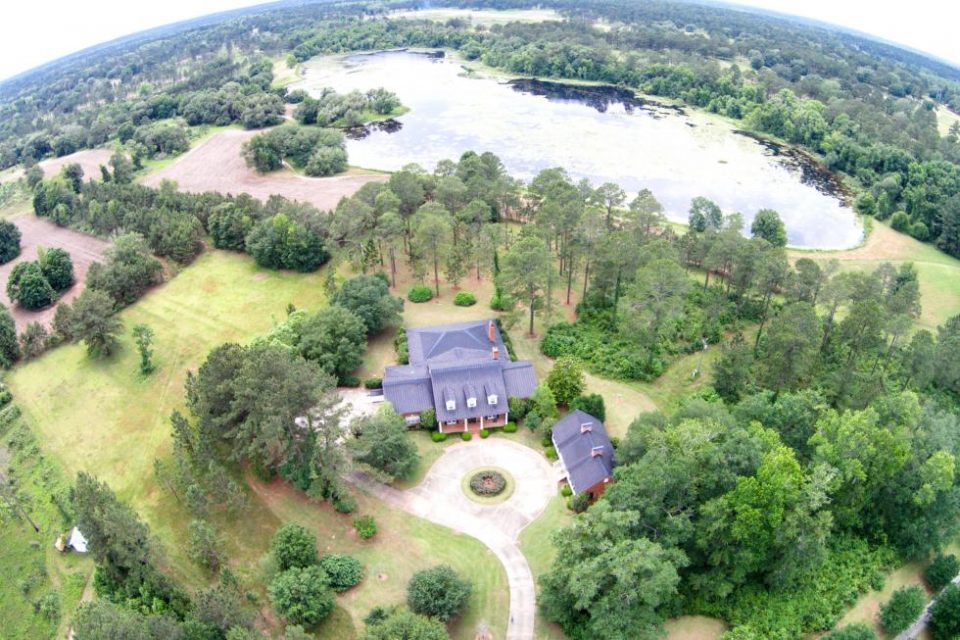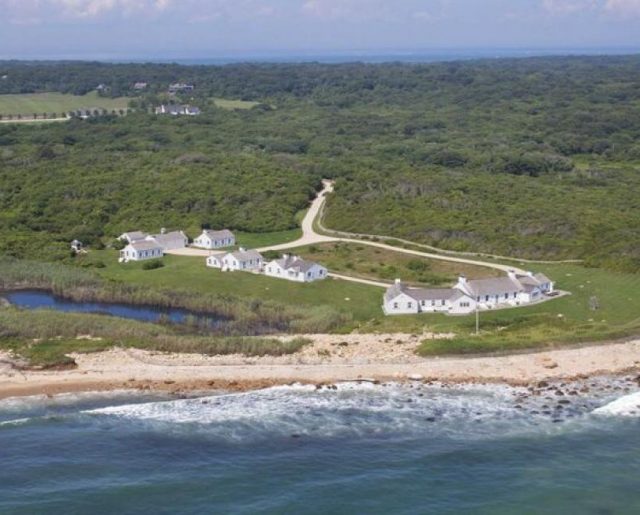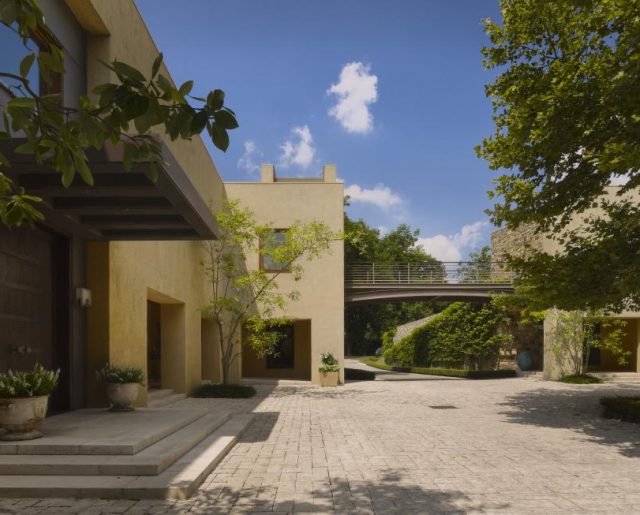The Winn Dixie Plantation!
The Winn Dixie Plantation!
Must SeeTop 10 Florida Condos For SaleNorthern Florida to many people these days is just the first thing one passes through at the state line on their way to the beaches further south. However, in the early 1800s after President Andrew Jackson forced out the Seminole Indians to obtain their rich farmland, plantation owners moved into North Florida from Virginia, the Carolinas and Georgia to start new plantations of cotton and sugarcane. Chemonie was established by Hector Braden of Virginia, a land investor and cotton and sugarcane farmer, in the early 1800s. Some years after Chemonie was founded, it passed into the hands of Mary Wallace Savage Nuttall, a Savannah heiress who owned the nearby El Destino Plantation. The plantations thrived until the Civil War when slaves gained their freedom; the plantation owners lost their labor force and the fields turned back into their natural scrub.
Due to the huge population of quail in the scrub and grasslands of these plantations, they turned from cotton and sugarcane into prime hunting lands highly sought after by bird hunters worldwide. Hunters came from far and wide to spend their days on horseback or on foot with their trusty bird dogs for days of sport capped off by lodge-style amenities in the evenings. By the 1940s, the Chemonie Plantation was co-owned by the Ingalls and Ireland families who bought tens of thousands of acres of the finest plantations in the Red Hills, including Chemonie, as a joint venture. For the past twenty years Chemonie has been under the stewardship of T. Wayne Davis, Jr. of Jacksonville. Mr. Davis’ grandfather, father and uncles founded the Florida-based grocery chain now known as Winn Dixie.
The historic Chemonie Plantation is now available for the first time in a generation with 2,410 acres, still known for its huge coveys of quail. The 7,000-square-foot brick main house overlooks the 30-acre Cody Lake and features expansive living areas and deep southern porches on all sides of the house. Adjacent to the main house is guest lodging with four bedroom suites that all open up to the dogtrot-style center aisle. Other improvements include a new manager’s house, stables, kennels with a classic revival front facade, barns, plantation office, grain bins, and additional employee housing. Today, the area around Chemonie has some of the highest wild bird counts in U.S. history. For more information.
Historical north Florida 2,410-acre Red Hills quail plantation, Chemonie, now for sale for the first time in 20 years by T. Wayne Davis, Jr. the son of an original founder of the Winn Dixie Store grocery family. Priced at $15.5 million.
Source: jonkohler.com



